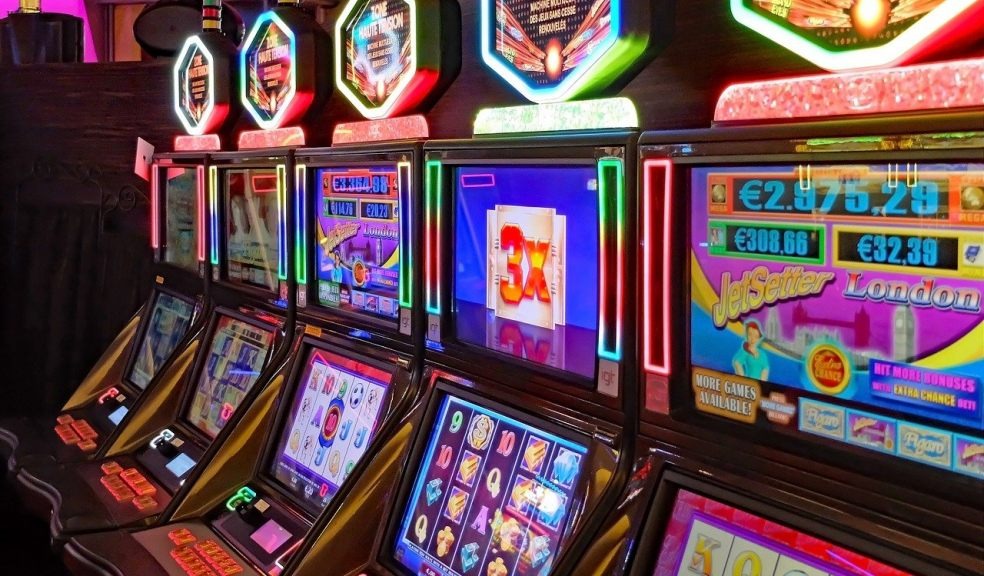Online gaming has become an undeniable part of modern entertainment, with millions of people around the globe spending hours immersed in virtual worlds, battling foes, building cities, or collaborating with teammates. From humble beginnings in the 1990s to the expansive online universes of today, online gaming has evolved into a multi-billion-dollar industry that influences social dynamics, technology, and culture Akar189. In this article, we’ll explore the history, growth, and impact of online gaming on society.
The Birth of Online Gaming
The concept of multiplayer gaming is not new, but the advent of the internet in the 1990s revolutionized how games were played and shared. Early examples of online multiplayer games include “Netrek” (1988) and “Meridian 59” (1996), where players could connect via dial-up modems. These early games were rudimentary by today’s standards but set the stage for the immense growth of online gaming in the coming years.
One of the first major breakthroughs was the introduction of “Quake” (1996) by id Software, which featured fast-paced, networked multiplayer modes, allowing players from all over the world to battle against each other in real-time. Games like “Warcraft” and “StarCraft” introduced players to the concept of large-scale online worlds and strategy-based gaming, creating loyal fanbases and defining the future of online multiplayer.
The Rise of Massively Multiplayer Online Games (MMOs)
As internet speeds improved and technology advanced, the next big leap in online gaming came with the rise of massively multiplayer online games (MMOs). These games allowed thousands of players to interact within persistent, open-world environments. One of the most iconic MMOs of the early 21st century was “World of Warcraft” (2004), which introduced players to the immersive world of Azeroth, where they could complete quests, battle monsters, and interact with other players.
MMOs helped cement the idea that online games could be far more than just an activity — they could be entire worlds where players could live out alternate realities. In these worlds, players formed communities, built relationships, and crafted unique stories that would never have been possible in single-player games. The social aspects of MMOs created a sense of belonging and have been a driving force behind their enduring popularity.
The Age of Competitive Gaming
The evolution of online gaming also brought about the rise of competitive gaming, or esports, which has become a global phenomenon. Games like “League of Legends,” “Dota 2,” and “Counter-Strike” have transformed gaming into a spectator sport, with professional players competing in tournaments for cash prizes and global recognition.
Esports tournaments now fill massive arenas, and platforms like Twitch and YouTube have become hubs for live-streamed content, where fans can watch professional gamers compete, learn new strategies, or simply enjoy the spectacle. The competitive gaming industry has grown to rival traditional sports in terms of viewership and sponsorship, highlighting just how far online gaming has come in terms of cultural acceptance and global influence.
The Impact of Online Games on Society
While online games have provided entertainment for millions, their impact on society extends far beyond just being a fun pastime. The rise of social gaming has connected people in new and exciting ways, allowing players to form friendships across continents and engage in collaborative experiences that transcend geographical boundaries. For many, online games have become a source of social interaction, especially for those who may have difficulty connecting in person due to distance, disability, or other factors.
At the same time, online gaming has also been associated with some negative aspects. Concerns over gaming addiction, cyberbullying, and the potential for toxic online communities have led to greater scrutiny of gaming culture. However, developers and communities are increasingly focusing on creating healthier and more inclusive environments, with many games introducing reporting systems, better moderation, and efforts to promote positive behavior among players.
The Future of Online Gaming
The future of online gaming looks incredibly promising, with advancements in virtual reality (VR), augmented reality (AR), and cloud gaming pushing the boundaries of what’s possible in the digital world. VR and AR have the potential to create fully immersive experiences, where players can physically move and interact with their environment, blurring the lines between the virtual and physical worlds.
Cloud gaming is also expected to revolutionize the industry, allowing players to stream games on almost any device without the need for high-end hardware. Services like Google Stadia, Xbox Cloud Gaming, and NVIDIA GeForce Now are leading the charge in making gaming more accessible to a broader audience, further expanding the reach of online games.
In addition, the rise of artificial intelligence and machine learning may enhance gaming experiences by creating more dynamic, adaptive worlds that respond intelligently to players’ actions. The integration of blockchain and non-fungible tokens (NFTs) into gaming economies could also reshape how players interact with in-game assets and digital ownership, potentially changing the way virtual items are bought, sold, and traded.

